Characteristics of Spanish nougat:
Turron is a traditional Spanish sweet made from two main ingredients: almonds and honey. This delicacy, which can be found throughout Spain, is usually eaten during the Christmas and Easter holidays, as well as throughout the year.
The history of turron dates back to medieval times, when the Arabs introduced almonds and honey to the Iberian Peninsula. The name turron comes from the Arabic word "turrón", which means "sweet bread". Since then, the recipe has been passed down from generation to generation and has become an iconic Spanish culinary specialty.
There are two types of turron: turron duro (hard) and turron blando (soft).
Turron duro is the most traditional and is prepared by boiling honey and adding toasted almonds. The mixture is then pressed into wooden molds to form a tablet. Turron blando is softer and is prepared by mixing honey with egg whites to create a kind of nougat, to which toasted almonds are added. This type of turron is more difficult to prepare and is therefore more expensive than turron duro.
Turron is a very popular dessert in Spain, but it is also exported to other countries, especially Latin America, the Philippines and the United States. It is often given as a gift or used as an ingredient in more elaborate dessert recipes.
In addition to almonds and honey, there are variations of turron that add other ingredients, such as hazelnuts, walnuts, candied fruits or spices. These variations have different textures and flavors, but they remain faithful to the original spirit of turron.
Turron is also a source of nutrients, as almonds are rich in protein, healthy fats, fiber, and vitamins and minerals. However, it is worth remembering that turron is a very sweet treat and is therefore best consumed in moderation.
In conclusion, turron is a delicious and popular traditional Spanish sweet that has stood the test of time. Its simplicity and unique taste make it a food of choice for the end-of-year celebrations and for any occasion when you want to treat yourself to a sweet treat.

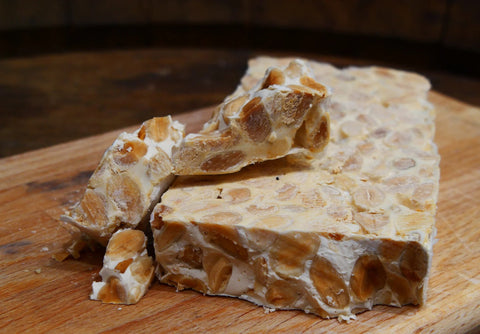
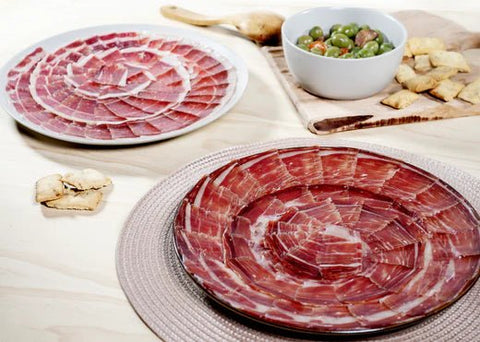

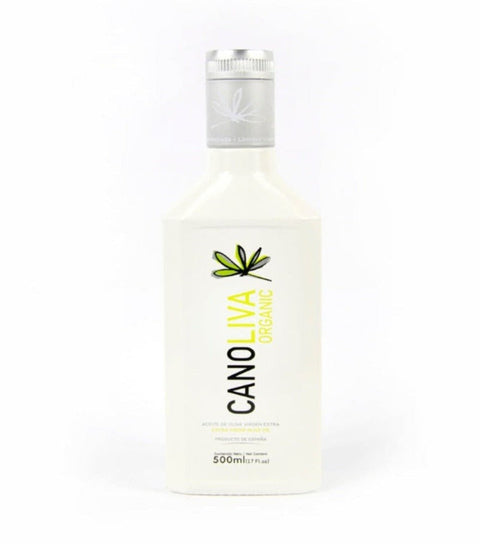
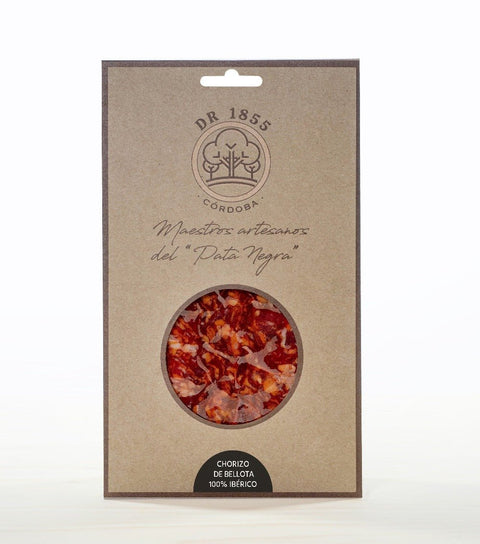
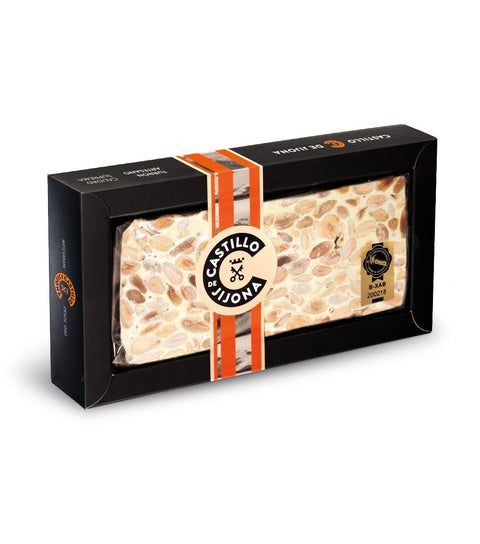
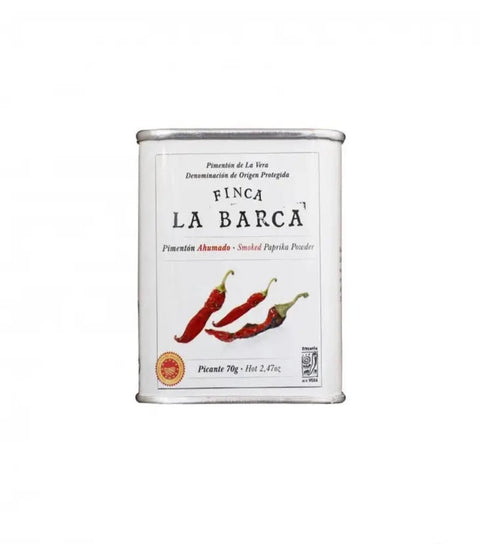
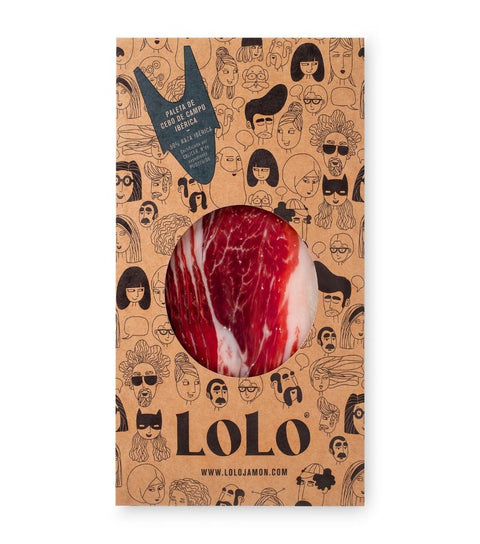
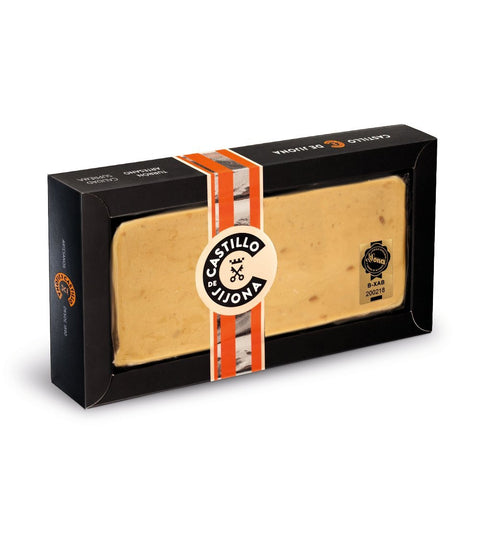
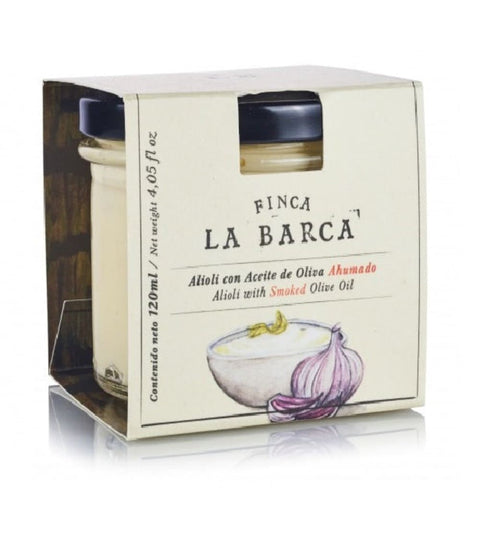
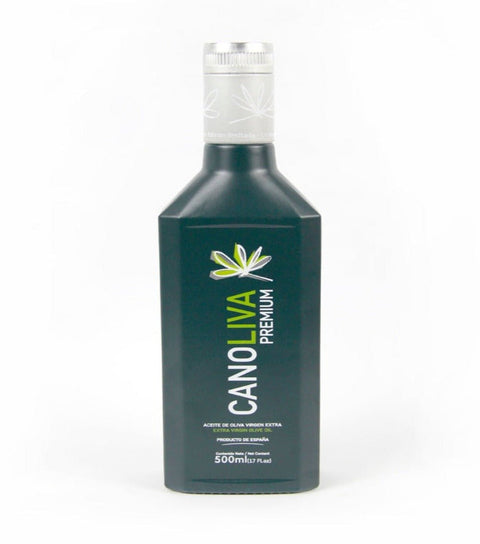
Comments (0)
There are no comments for this article. Be the first one to leave a message!